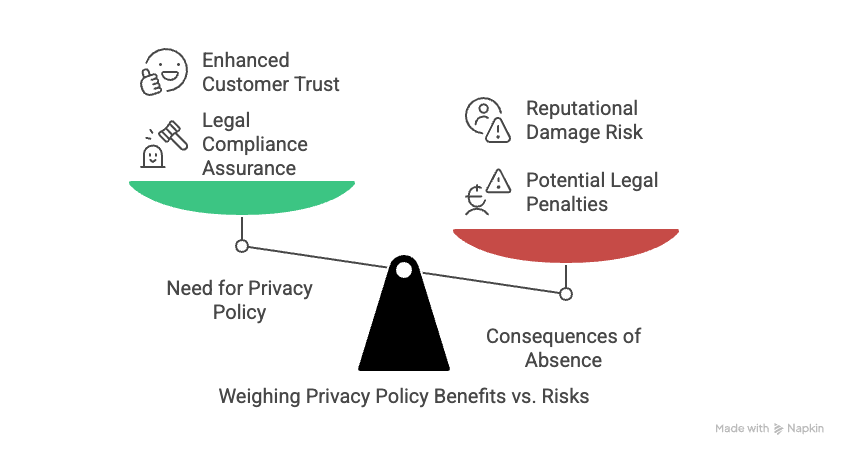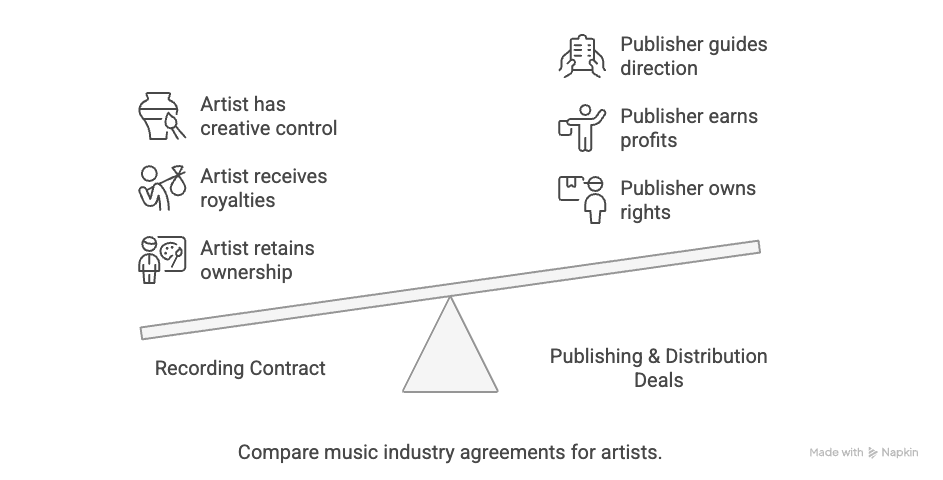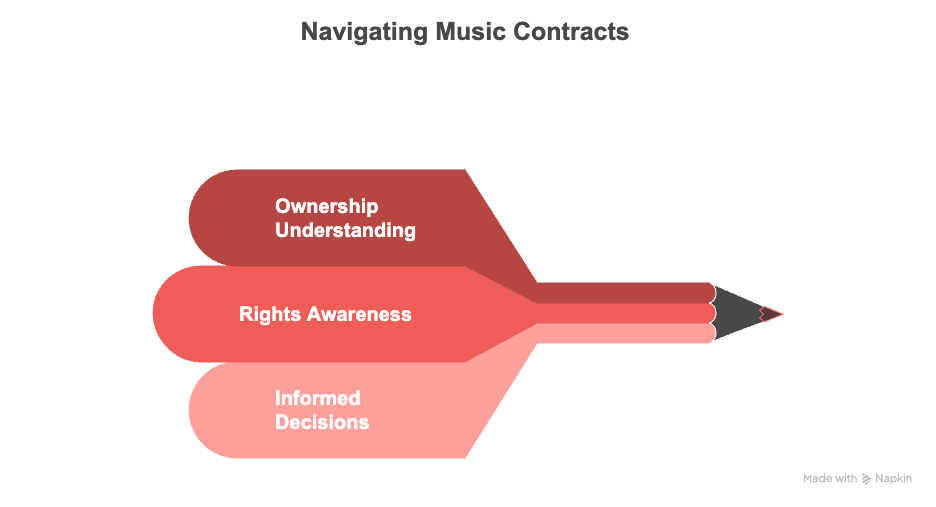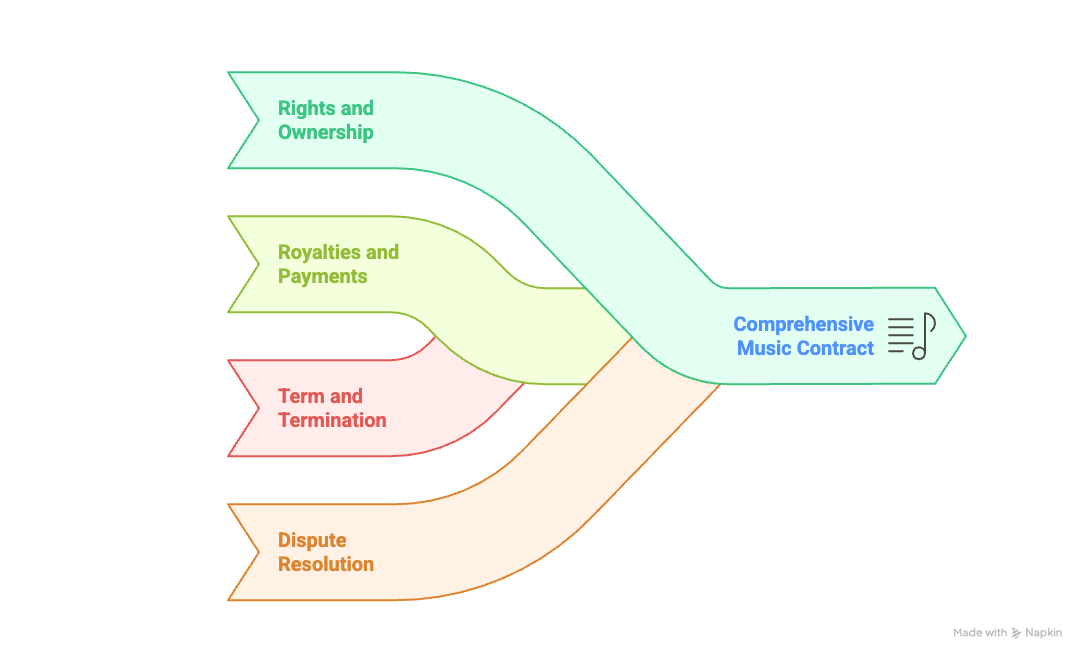
Do You Need A Privacy Policy In Canada? (and What Happens)
Last Updated on May 10, 2025
If your website or app collects personal data - even something as simple as an email address - you may be legally required to publish a Privacy Policy. In Canada, this obligation is regulated by PIPEDA (Personal Information Protection and Electronic Documents Act), which applies to most commercial organizations that handle personal information.
This guide explains who needs a privacy policy, what the law requires, and what can happen if you don’t have one.
When Is a Privacy Policy Legally Required in Canada?
Under PIPEDA, you are required to post a Privacy Policy if you collect, use, or disclose any personal information in the course of commercial activities. This includes:
- Online stores
- SaaS platforms
- Newsletter sign-up forms
- Analytics and tracking tools
- Contact or booking forms
Even if you’re not charging money, collecting user data makes your site subject to PIPEDA.
What Counts as Personal Information?
PIPEDA defines personal information as any data that can identify an individual, including:
- Name
- Email address
- Phone number
- IP address
- Cookie identifiers
- Purchase history
- Account login details
If your site collects or stores any of this, you need a privacy policy.
What Happens If You Don’t Have a Privacy Policy?
1. Legal Liability
You risk complaints to the Office of the Privacy Commissioner of Canada, regulatory audits, and potential penalties.
2. Platform Compliance Issues
Many platforms — including Google, Facebook, Shopify, and Apple - require you to have a privacy policy to use their services.
3. Loss of User Trust
Modern users expect transparency. Not having a policy may cause users to abandon your site or avoid submitting their data.
4. SEO and Conversion Risks
Search engines and browsers increasingly reward privacy-compliant sites with trust indicators and security badges.
How to Get Compliant Quickly
- Use a professionally drafted Privacy Policy that covers all key areas required under PIPEDA
- Customize the policy to reflect your specific data collection practices
- Link it in your website footer and on all pages that collect personal information
- Update it regularly (at least once a year or when practices change)
Final Word
If you collect any personal data from users in Canada, having a Privacy Policy is not optional - it’s a legal requirement. It protects your users, builds trust, and shields your business from regulatory trouble.
Need a free, Canadian-compliant Privacy Policy template? Download one here.
Download the Free Website Privacy Policy Template
Ready to apply what you've learned? Get instant access to the Website Privacy Policy PDF - free, editable, and built for Canadian businesses. No sign-up required.
Frequently Asked Questions
Answers to common questions about Do You Need A Privacy Policy In Canada? (and What Happens).
Is a privacy policy required for all websites in Canada?
If your website collects any personal information - even email addresses or cookies - you’re legally required to disclose that via a Privacy Policy under PIPEDA.
Does PIPEDA apply to small businesses or blogs?
Yes. If you operate commercially or collect data, even via a contact form or newsletter signup, you fall under PIPEDA.
Can I write my own privacy policy?
Yes - but it must accurately reflect your data practices. It’s safer to use a vetted Canadian template and tailor it.
What if I use Google Analytics or Meta Ads?
These tools collect user data. If you use them, your privacy policy must disclose what’s collected and why.
Where should I place my privacy policy?
Link it in your website footer and on every page that collects user data (signup, checkout, contact forms).
Explore More in Creative Digital Contracts
Discover curated templates in Creative Digital Contracts to help your business stay compliant and efficient.


